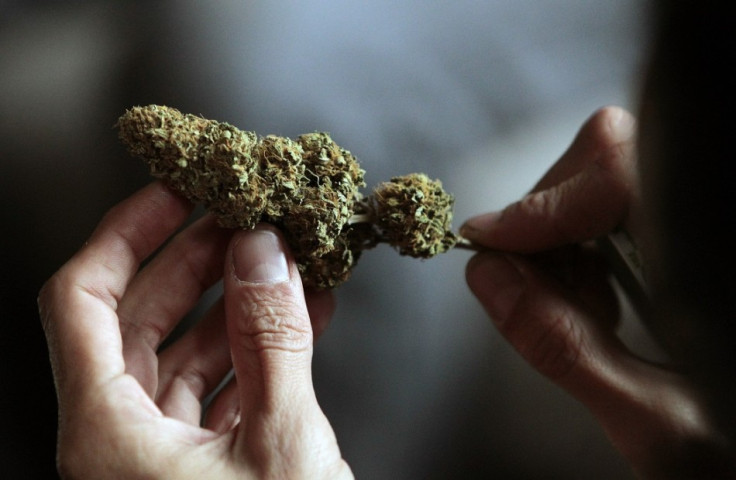World Leaders to Meet with UN to Discuss Drug Decriminalisation

Several former world leaders and members of the United Nations are set to call upon governments around the world to decriminalise drugs.
Former presidents of Brazil, Columbia and Switzerland are among the world leaders who have united to call for proper regulation of drug use and possession, along with Virgin Group founder Sir Richard Branson, former Secretary General of the UN Kofi Annan and former UN High Commissioner for Human Rights Louise Arbour.
A report, released by the Global Commission on Drug Policy, says it is time to "break the taboo" and admit the way on drugs is a "failure" as well as recommending new major reforms for drug prohibition.
The report, entitled Taking Control: Pathways to Drug Policies that Work, is set to be unveiled at a press conference in New York and presented by several members of the commission, including former presidents, politicians and John Whitehead, the former co-chairman of Goldman Sachs.
Following the conference, the commissioners will then meet with UN Secretary General Ban Ki-Moon and UN Deputy Secretary General Jan Eliasson to discuss the proposals set out in the report.
There are seven major recommendations included in the report:
- Put health and community safety first through a fundamental reorientation of policy priorities and resources, from failed punitive enforcement to proven health and social interventions.
- Ensure equitable access to essential medicines, in particular opiate-based medications for pain.
- Stop criminalising people for drug use and possession – and stop imposing "compulsory treatment" on people whose only offense is drug use or possession.
- Rely on alternatives to incarceration for non-violent, low-level participants in illicit drug markets such as farmers, couriers and others involved in the production, transport and sale of illicit drugs.
- Focus on reducing the power of criminal organisations as well as the violence and insecurity that result from their competition with both one another and the state.
- Allow and encourage diverse experiments in legally regulating markets in currently illicit drugs, beginning with but not limited to cannabis, coca leaf and certain novel psychoactive substances.
- Take advantage of the opportunity presented by the upcoming UN General Assembly Special Sessions (UNGASS) 2016 to reform the global drug policy regime.
"The facts speak for themselves. It is time to change course," said Annan. "We need drug policies informed by evidence of what actually works, rather than policies that criminalise drug use while failing to provide access to effective prevention or treatment. This has led not only to overcrowded jails but also to severe health and social problems."
Former president of Brazil Fernando Henrique Cardoso also urged legislators to treat drug addiction as a health issue and not a crime.
He added: "But let's also allow and encourage countries to carefully test models of responsible legal regulation as a means to undermine the power of organised crime, which thrives on illicit drug trafficking."
Health-based approaches to drug policy routinely prove much less expensive and more effective than criminalsation and incarceration
Branson, who has frequently called for the legalisation of drugs, said the world cannot "go on pretending" the war on drugs is working.
"We need our leaders to look at alternative, fact-based approaches. Much can be learned from successes and failures in regulating alcohol, tobacco or pharmaceutical drugs. The risks associated with drug use increase, sometimes dramatically, when they are produced, sold and consumed in an unregulated criminal environment. The most effective way to advance the goals of public health and safety is to get drugs under control through responsible legal regulation."
Drug Policy Alliance executive director Ethan Nadelmann added: "There's no question now that the genie of reform has escaped the prohibitionist bottle. I'm grateful to the commission for the pivotal role it has played in taking drug policy reform from the fringes of international politics to the mainstream."
Tom Angell, chairman of pro-drug legalisation group Marijuana Majority, said: "The hope now is that these forward-thinking recommendations by so many respected former heads of state will encourage current officials to modernise their nations' policies."
© Copyright IBTimes 2025. All rights reserved.




















